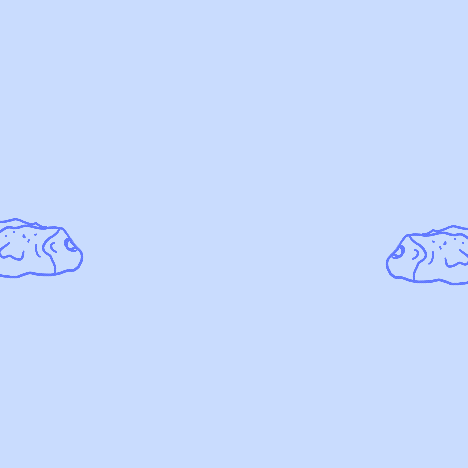Element
According to modern, scientific definitions, water is not an element, as it consists of more than one type of atom. However, many ancient cultures and philosophies considered water to be one of four (or in some cases five) elements that together constitute the entirety of all matter. In this schema an element is something fundamental, vital. And indeed, the waters of the oceans—and the chemical elements they contain—still seem to define our vital functions. In his 2014 book Darwin heute (Darwin today), German chemical engineer Martin Neukamm argues that our blood still contains traces of the oceans from which all life originated. The very first single-celled organisms filtered nutrients directly from the surrounding water, and released their waste products into the water. They did not need blood or extracellular fluid. As organisms grew more complex during the course of their evolution, the need for better organization and transport of nutrients arose, a need from which the beginning of our circulatory system developed. The fluid that used to surround the cells was incorporated into more sophisticated bodies. Its composition however hardly changed in the process—the ratio of the elements of biological consequence, sodium (Na+), potassium (K+), calcium (Ca2+), and chloride (Cl-), still bears striking resemblance to that of the primordial oceans.
Sources: Neukamm, Martin, “Chemische Evolution und evolutionäre Bioinformatik”, Martin Neukamm (editor), Darwin heute: Evolution als Leitbild in den modernen Wissenschaften, (2014): 123-126.
